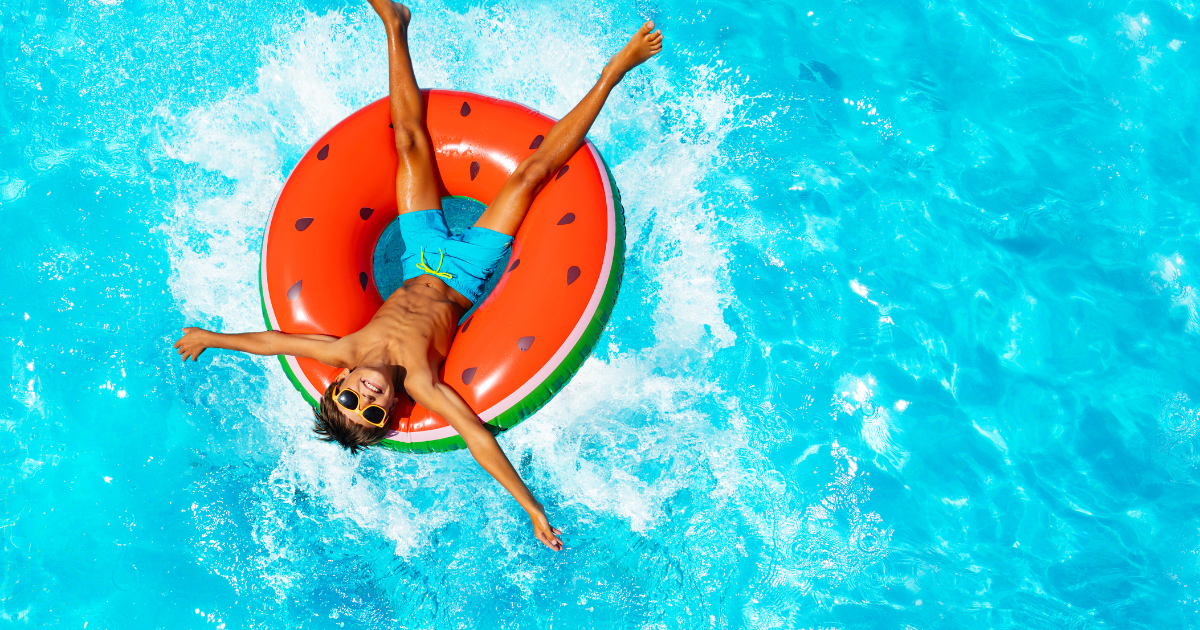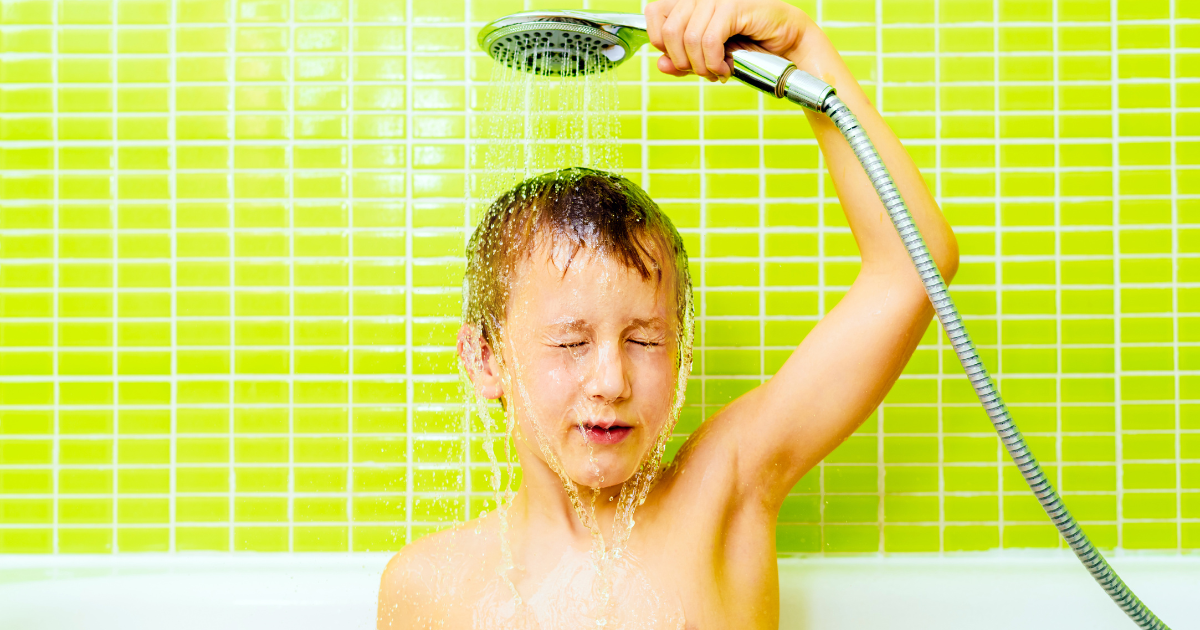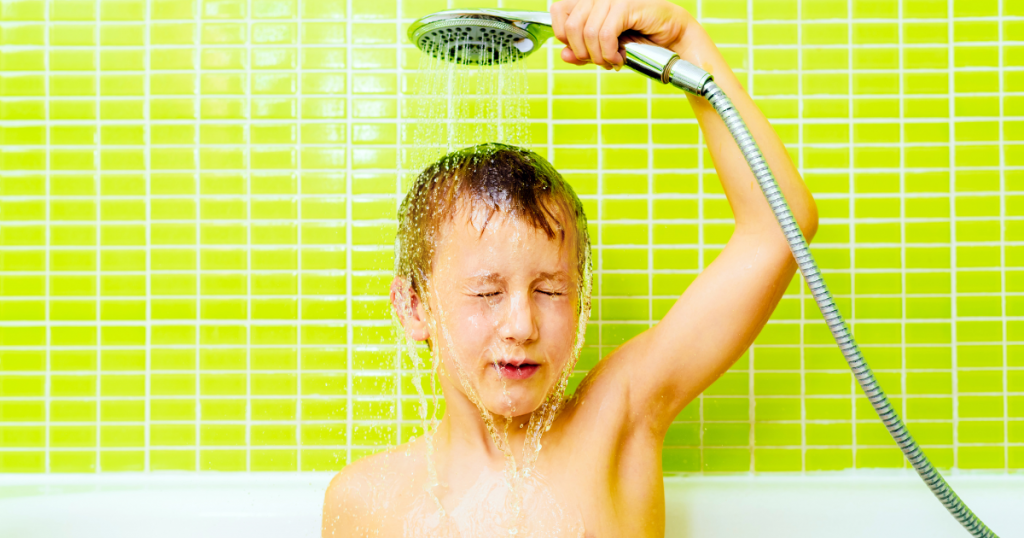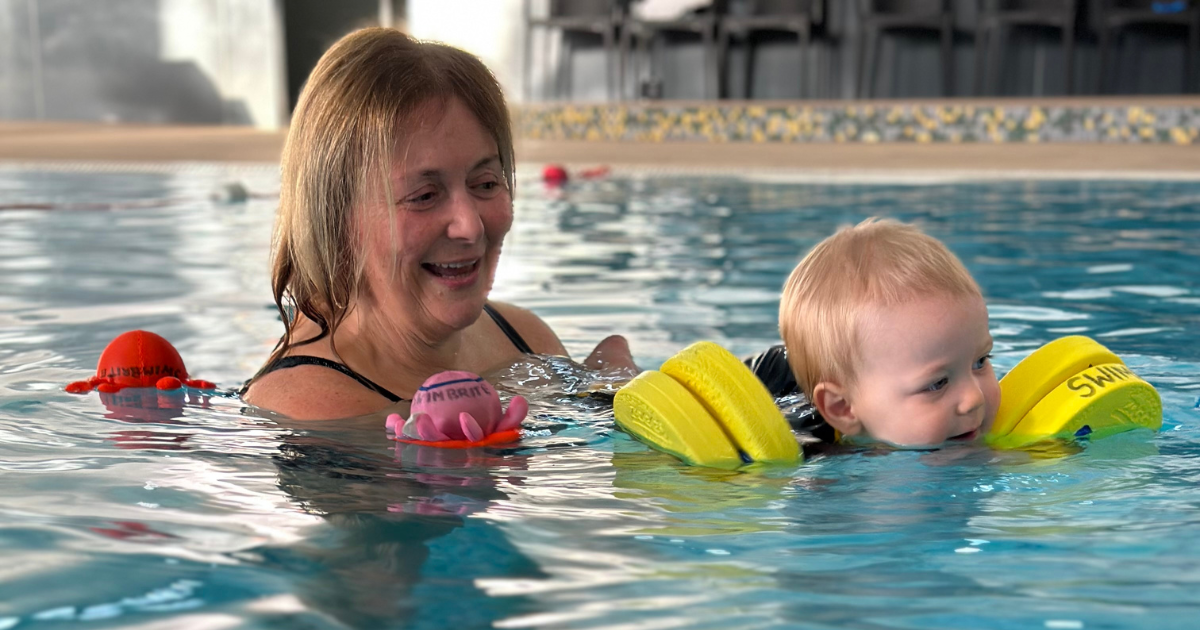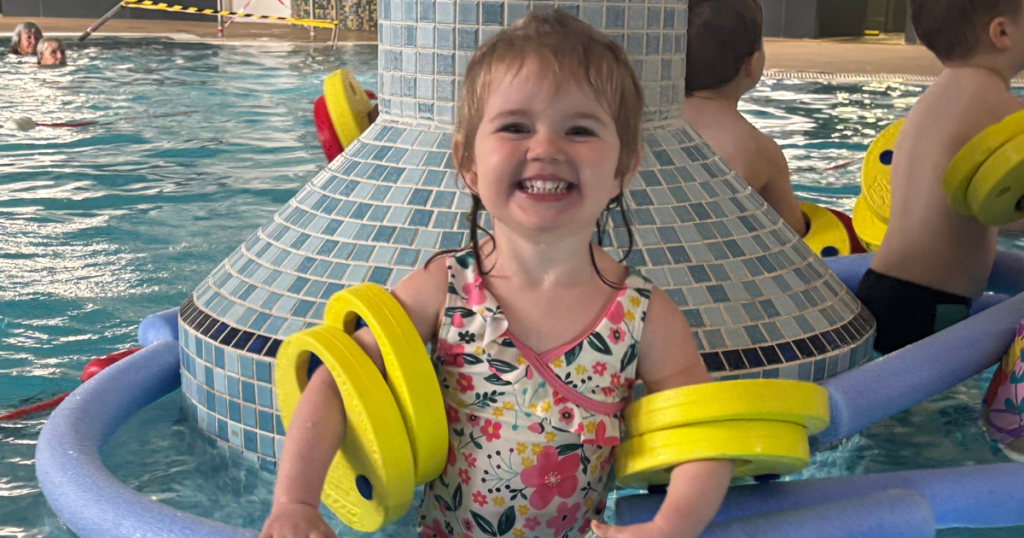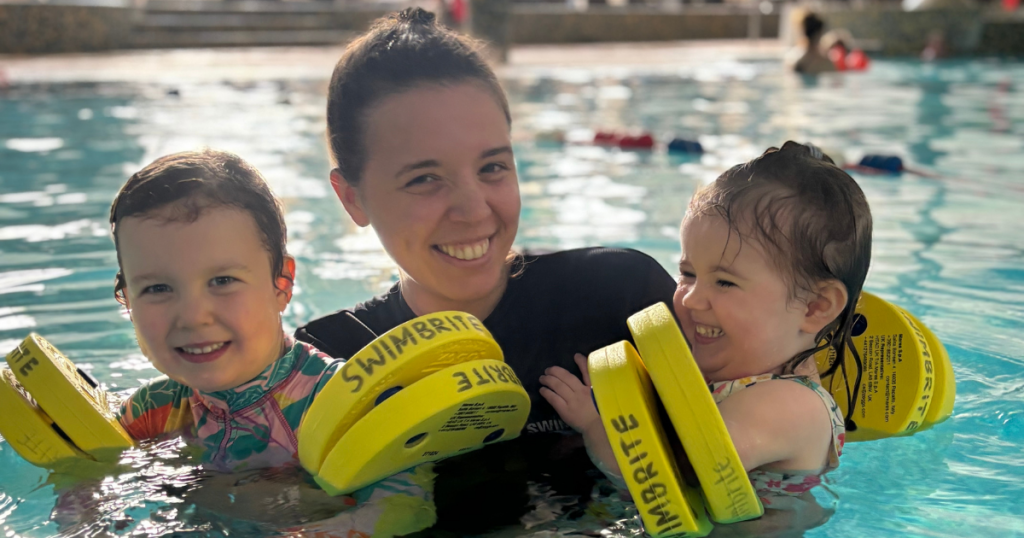As the weather warms up and families begin planning holidays abroad or trips to places like Center Parcs, it’s the perfect time to refresh your knowledge on water safety. Whether you’re heading to a hotel with a pool, a sandy beach, or even a water park, being aware of the risks and taking simple precautions can make all the difference. For parents with young children, especially those who may be new to swimming, understanding water safety is vital. At Swimbrite Swimming School, we’re passionate about helping families feel confident in and around water – here are some essential tips every parent should know this summer.

Be Aware of Your Surroundings
No two swimming environments are the same. What might be perfectly safe in one place could present hidden dangers in another. Hotel pools may not have lifeguards on duty, while beaches might have strong undercurrents or sudden drop-offs. Before allowing your child into the water, take a moment to assess the area. Look for depth markers, slippery surfaces, and exits. If you’re at the beach, check for warning flags or signs about the tide. Being aware of the environment helps you make informed decisions and react quickly if something goes wrong.
Never Rely on Inflatables as Safety Aids
While inflatables can be great fun, they should never be considered a substitute for supervision or swimming ability. Items like inflatable rings, lilos, or armbands can give a false sense of security, but they can easily flip or drift into deeper water. Particularly in the sea or a large pool, wind and currents can quickly carry children away from the shore or the pool edge. Always stay within arm’s reach of young children, and if they need support in the water, opt for properly fitted buoyancy aids like life jackets or swim vests approved for safety use.
Supervision
Even if your child is a strong swimmer, never take your eyes off them when they are near or in the water. Drowning can happen quickly and often without noise or obvious signs of distress. Active supervision means being fully present – not reading a book, using your phone, or nipping away for a moment. For very young children, this means being in the water with them or sitting at the edge where you can reach them instantly. Designate a responsible adult to watch the water at all times, particularly when multiple children are involved.
Teach Basic Water Rules Before You Go
Children love the excitement of being on holiday, which can lead to impulsive behaviour around water. Setting some clear, age-appropriate rules ahead of time can help manage that excitement and prevent accidents. Rules like “no running near the pool,” “always ask before getting in,” and “no pushing or diving” are simple but effective. Practice these when you’re next at the pool before you go on holiday so they become second nature.
Enrol in Swimming Lessons Early
Swimming lessons aren’t just about learning strokes – they build water confidence and teach crucial safety skills from a young age. At Swimbrite, we welcome children from 6 months old and structure lessons to suit each stage of development. Babies and toddlers begin with water familiarisation, while older children learn how to float, kick, and safely enter and exit the water. Starting lessons before your holiday can help your child feel more confident and comfortable when they’re around the pool or beach, making the experience more enjoyable for everyone.
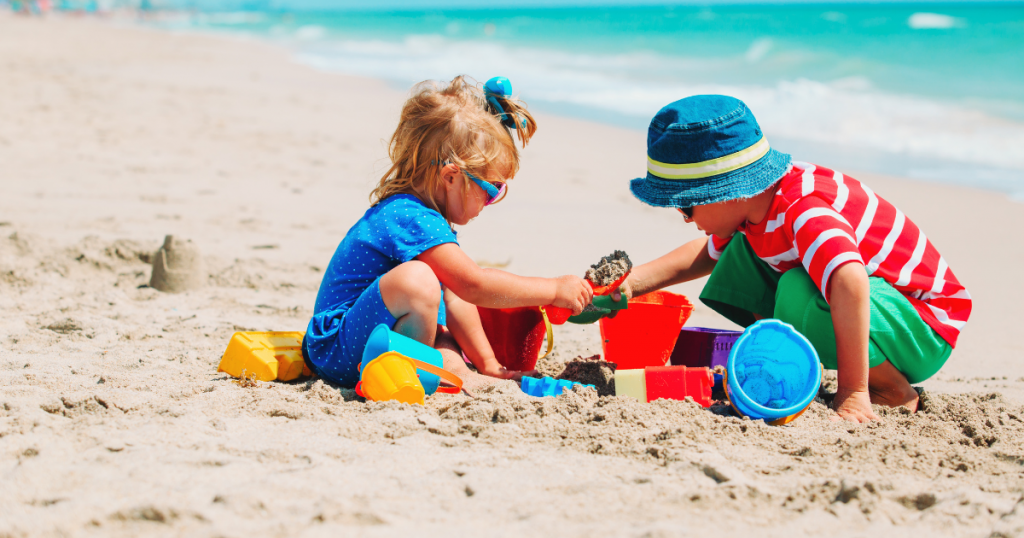
Know the Signs of Struggle
Many parents expect drowning to involve splashing or cries for help, but in reality, it’s often silent. A child in distress may appear to be bobbing in the water, unable to call out, with a glassy stare, tilted head, or open mouth. They may look like they’re treading water but not moving forward. Learning to recognise these subtle signs can make all the difference. If you’re unsure whether a child is in trouble – always act. It’s far better to check than to miss a genuine emergency.
Set a Good Example with Your Own Water Behaviour
Children learn by watching those around them. If they see you following safety rules, using flotation devices where needed, and staying alert around water, they’re more likely to mirror that behaviour. Avoid risky actions like diving into shallow pools or leaving young children unattended, even for a moment. Talk to your children about why safety rules matter and involve them in making good decisions around water. Leading by example creates a strong foundation for a lifetime of safe swimming.
With just a little preparation and awareness, your family can enjoy all the fun of water-based activities this summer while staying safe. If you’d like to boost your child’s confidence before your next holiday, why not join us at Swimbrite Swimming School? Give us a call today on 0113 841 1813 or email us at enquiries@swimbriteswimmingschool.co.ukto find out more about our classes and availability at our pools at The Village Hotel in Headingley, The Mercure Parkway Hotel in Bramhope, Woodhouse Grove School in Apperley Bridge and The Grammar School at Leeds. We can’t wait to welcome your little ones to the pool!
